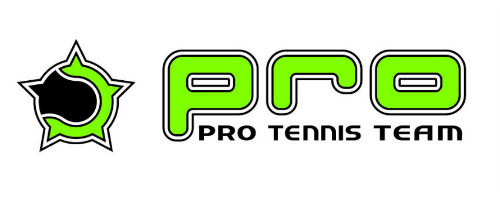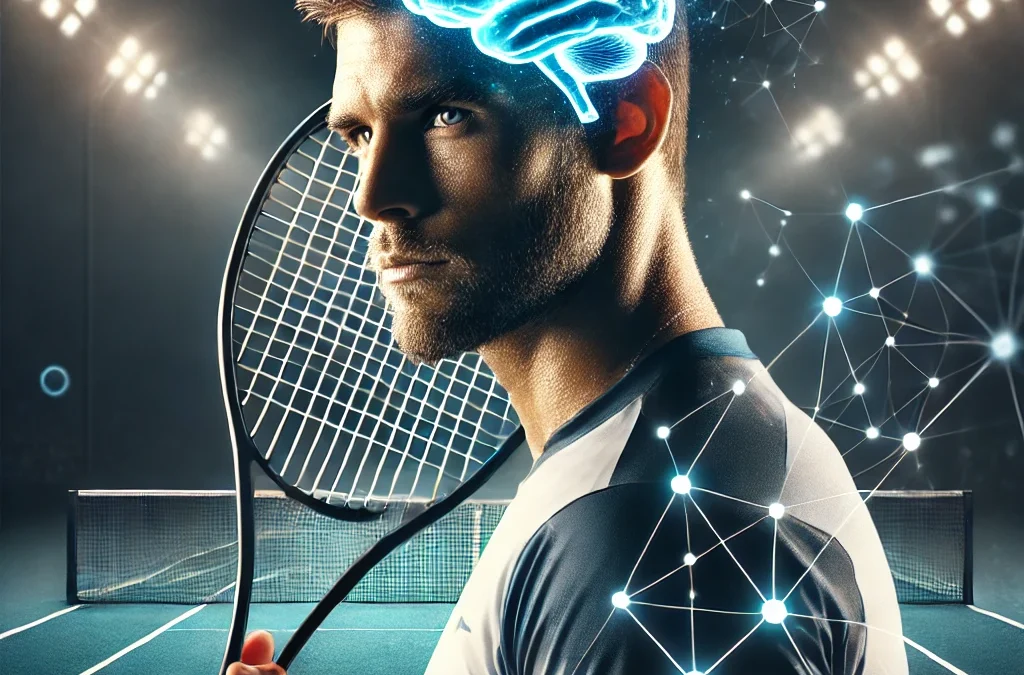Mastering the Mental Game: How Pro Tennis Players Build Mental Toughness
In professional tennis, physical fitness and technical skills are vital, but it’s often the mental game that separates good players from great ones. Mental toughness can be the deciding factor in tight matches, helping players push through pressure, fatigue, and emotional challenges. While it’s easy to see the power of an ace or a flawless backhand, the unseen strength of the mind is just as crucial.
This article explores the methods pro tennis players use to cultivate mental toughness and excel on the court, even in the most demanding moments.
1. Understanding Mental Toughness in Tennis
Mental toughness refers to the ability to stay focused, motivated, and resilient despite setbacks or pressure. In tennis, where matches can last for hours and momentum can shift at any moment, mental resilience is essential.
Professional players frequently encounter high-pressure situations—match points, long rallies, hostile crowds, and physical exhaustion. A player who can maintain composure, confidence, and focus despite these challenges is mentally tough. But how do they develop this mental edge?
2. The Power of Visualization
One of the most effective techniques that pro tennis players use to build mental toughness is visualization. This involves imagining themselves in challenging match situations and seeing how they successfully overcome those obstacles. Players mentally rehearse key shots, tiebreak scenarios, and even the experience of lifting the trophy.
Visualization works because it trains the brain to perform under pressure, simulating the physical and emotional experiences of match play. By repeatedly visualizing success, players build confidence in their abilities, which allows them to approach crucial points with a winning mindset.
Example: Roger Federer, often praised for his calm demeanor, has spoken about how visualization helped him prepare for big matches. By mentally rehearsing difficult situations, he felt more confident and prepared when they arose during a match.
3. Mastering Focus and Concentration
In a sport where a single point can determine the outcome, focus is critical. Pro tennis players use various techniques to sharpen their concentration and maintain it throughout long matches.
- Mindful Breathing: Players like Novak Djokovic have integrated mindfulness into their training. By focusing on their breath, they anchor their attention in the present moment, which reduces anxiety and improves concentration during crucial points.
- Rituals Between Points: Many top players have developed rituals between points—adjusting their strings, bouncing the ball a specific number of times, or wiping their face with a towel. These routines help them reset their focus and calm their nerves, allowing them to concentrate fully on the next point.
Example: Rafael Nadal’s well-known ritual of adjusting his socks and touching his face is more than just habit—it’s a method for resetting his focus and controlling his emotions during the match.
4. Emotional Control: Staying Calm Under Pressure
Emotions run high in tennis, where momentum can change rapidly, and one poor decision can lead to a string of lost points. Players who can regulate their emotions during these high-pressure moments tend to succeed at the highest levels.
Emotional control involves staying composed after making a mistake or losing a set. Many pro tennis players work with sports psychologists to improve their emotional regulation skills. Techniques like cognitive reframing—changing the way they interpret a situation—help players see setbacks as learning opportunities rather than failures.
Example: Serena Williams, known for her intensity and fierce competitive spirit, has often spoken about the importance of controlling her emotions on the court. By focusing on the next point rather than dwelling on past mistakes, she maintains her mental edge.
5. Resilience: Bouncing Back from Adversity
Resilience, the ability to recover from failure or adversity, is perhaps the hallmark of mental toughness in tennis. Matches can be grueling, with players losing sets or suffering through fatigue and injury. Mentally tough players develop the ability to stay positive, focused, and motivated even when the match isn’t going their way.
Growth mindset, a concept championed by psychologist Carol Dweck, plays a significant role here. Pro tennis players who adopt a growth mindset see challenges as opportunities to grow rather than threats to their success. They remain resilient, knowing that every tough match helps them become better players.
Example: Andy Murray, who has battled back from numerous injuries, embodies resilience. Despite physical setbacks, he continuously works to return to the top of the game, showing that mental toughness can be more powerful than any physical limitation.
6. Mental Conditioning: Training the Mind Like the Body
Just like physical conditioning, mental toughness can be improved with consistent practice. Many professional tennis players work with sports psychologists and mental conditioning coaches to develop their mental game. This training often includes:
- Stress Inoculation: Learning how to cope with stress by practicing under difficult conditions. Players are exposed to high-pressure scenarios in practice to prepare them for the intensity of real matches.
- Goal Setting: Players set both long-term and short-term goals to maintain motivation and focus throughout the season. By setting process-based goals (e.g., improving a specific shot) rather than outcome-based goals (e.g., winning a tournament), they avoid getting overwhelmed by external pressure.
- Positive Self-Talk: Pro players learn to replace negative thoughts with positive affirmations. Instead of thinking, “I’m going to lose this match,” they shift to “I’m ready for this challenge.”
Example: Maria Sharapova has often credited her mental conditioning for helping her maintain focus and determination during the most challenging moments of her career.
7. Mental Toughness Beyond the Court: Recovery and Rest
Mental toughness isn’t just about what happens during a match. Pro players understand the importance of recovery and how it impacts mental health and performance. Off-court activities like meditation, yoga, and time away from the game allow players to recharge mentally and physically, ensuring they come back stronger.
Example: Players like Novak Djokovic have incorporated mindfulness and yoga into their daily routines, helping them achieve mental clarity, reduce stress, and recover from the rigors of professional tennis.
8. Conclusion: Mental Toughness Is a Skill, Not a Trait
The mental game in tennis is just as critical as the physical one. Professional players build mental toughness through visualization, focus, emotional control, resilience, and mental conditioning, allowing them to maintain their edge even in the most high-stakes matches. By training their minds as rigorously as their bodies, these athletes rise to the top of the sport, mastering the mental game that often determines victory or defeat.
For aspiring tennis players and enthusiasts alike, cultivating mental toughness is an ongoing process. With dedication and the right techniques, anyone can learn to improve their mental resilience on and off the court.
Developing mental toughness is a key factor for success in any competitive sport, and tennis is no exception. By embracing these strategies, players can not only elevate their game but also unlock the full potential of their mind, transforming challenges into opportunities for growth.

